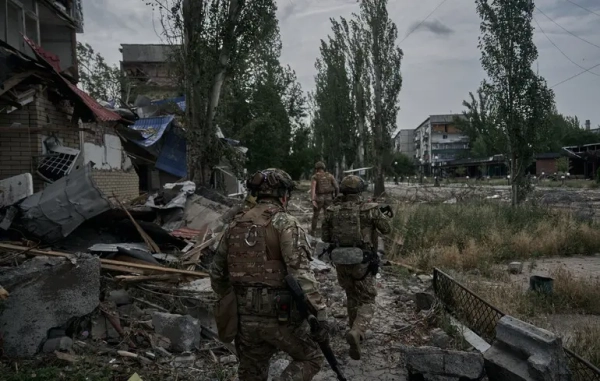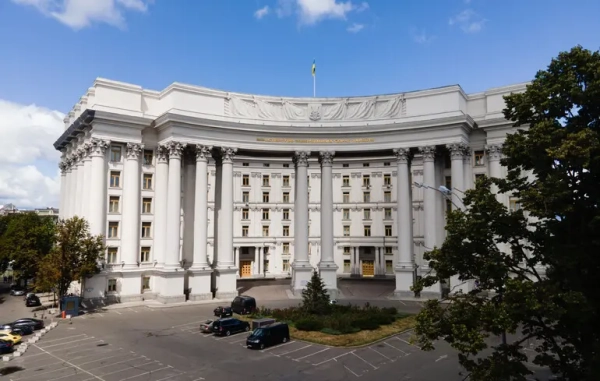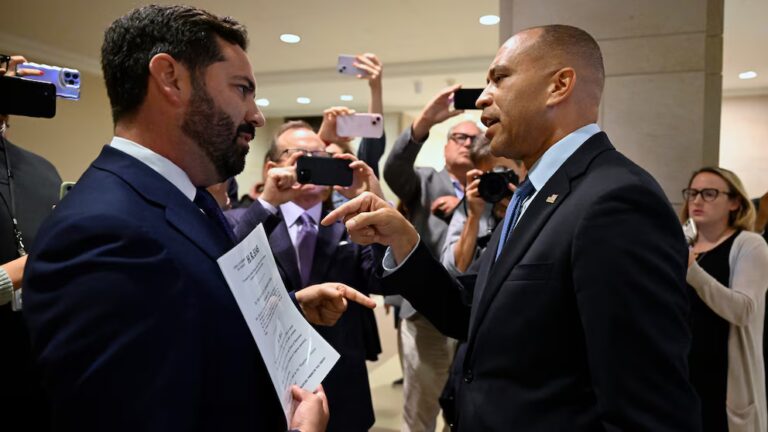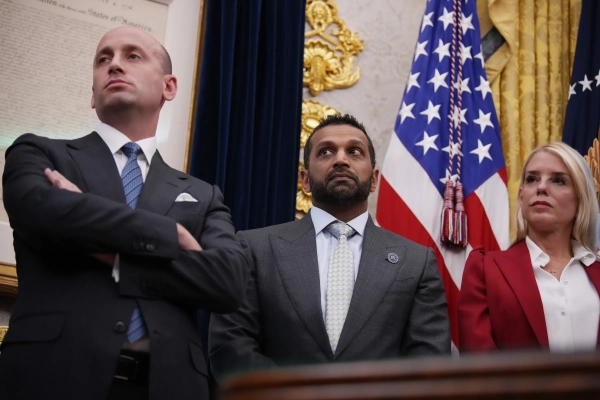
© Getty Images The author criticizes Trump and Europe's peace efforts.
Russian leader Vladimir Putin wants Ukraine to give up its sovereign territory and become a de facto vassal state of Russia. Those were his demands before Donald Trump returned to the White House in January, and they remain so today.
After nearly eight months of Trump's high-profile statements and frantic diplomacy by European allies, including the creation of a coalition of countries ready to deploy troops to guarantee Ukraine's security after any peace deal is reached, the truth is that we are back to square one. A final settlement – or even a temporary truce – remains as elusive today as it was before Trump's political resurgence, says David Blair, chief foreign affairs commentator at The Telegraph.
The commentator adds that two undeniable facts explain the intractability of this war. First, Putin is sticking to his maximalist demands. On September 5, he condemned the idea of sending Western troops to Ukraine, warning that they would be considered “legitimate targets.”
Moreover, Putin is pushing for much more than retaining the territory he controls: he wants Ukraine to give up large areas that Russian troops have failed to seize. Putin would likely be pleased if Zelenskyy gave up the territories of Donetsk and Luhansk regions still held by the Ukrainian military.
No Ukrainian leader could agree to these terms, especially since the land Putin wants includes important fortifications. It will take extraordinary pressure from the United States, including the “devastating” sanctions threatened by Trump’s allies, to force Putin to scale back his territorial claims.
“This brings us to the second reason for the lack of progress. Few people believe that Trump can still exert such pressure. He is angry and resentful, but he is not going to put pressure on Putin,” Blair notes.
Instead, Ukraine is under constant pressure from the United States. Trump is supplying weapons to the Ukrainian armed forces, but only for full payment on commercial terms. Each unit of weapons that arrives is a source of US leverage over Zelensky, which explains why Kyiv is now seeking to reduce its dependence on Washington.
The only significant change is that Trump is now willing to discuss a possible U.S. security guarantee for Ukraine after any peace deal is reached. The promise of a superpower to protect Ukraine is what Zelensky has been seeking from the beginning.
But what will this promise be? A vague wording or an ironclad guarantee modeled on Article 5 of the NATO treaty? Anything short of the latter is likely to be futile.
“With this crucial question still unanswered, the reality is that the front line on the ground has hardly changed since January. The only conclusion is that the bloodiest war in Europe for 80 years will continue, and the last eight months appear to have been a lot of ado about nothing,” Blair concluded.
As NBC News correspondents have reported, Trump is increasingly pessimistic about the prospects of ending the war between Russia and Ukraine. Trump’s more somber outlook on reaching a peace deal underscores how far he has come since the 2024 campaign, when he boldly predicted he would end the war within 24 hours of taking office. Trump later acknowledged that the war has proven to be a more protracted problem than he anticipated.






